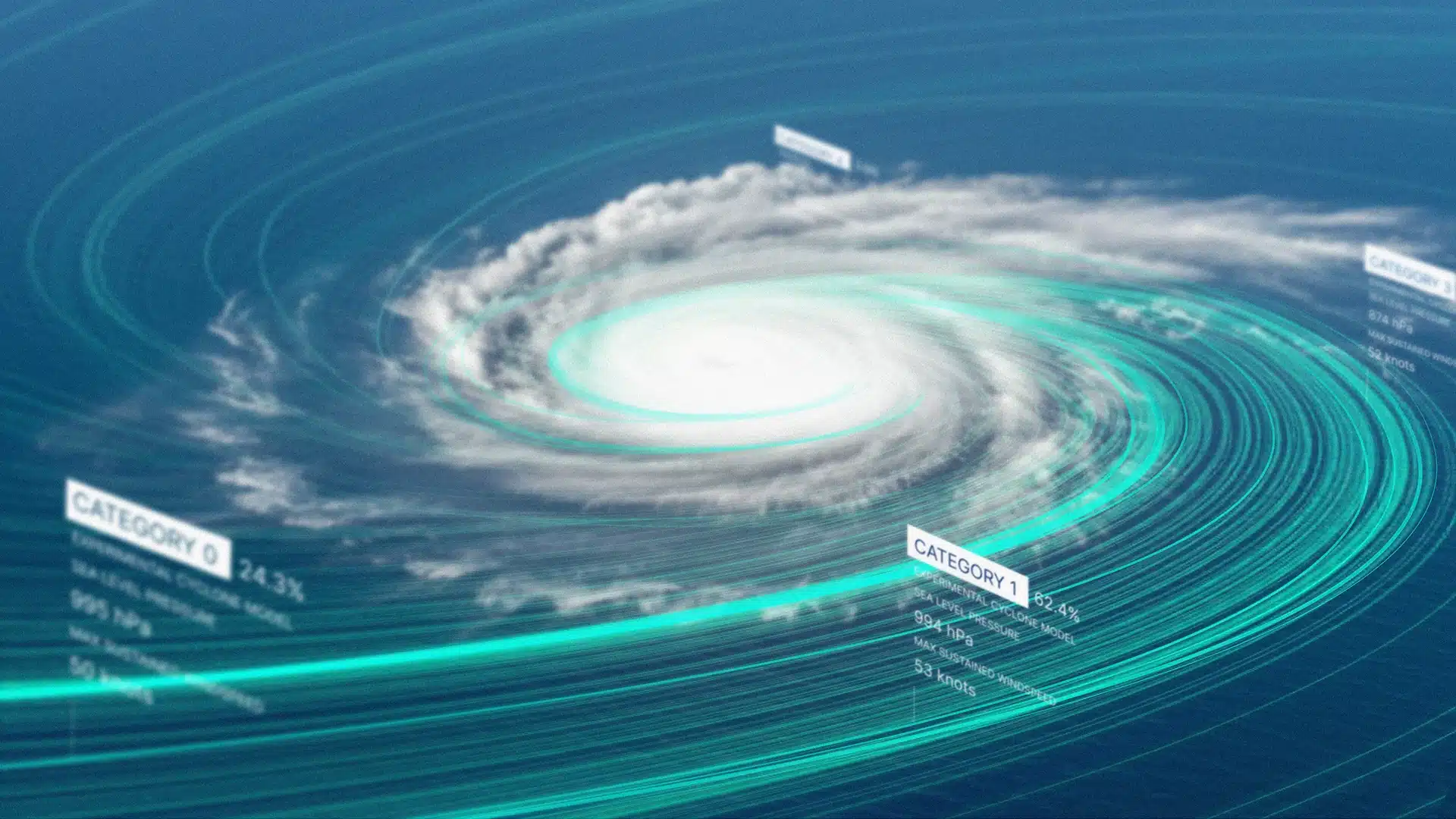Google Unveils AI-Driven Weather Lab

Google DeepMind and Google Research have unveiled a public preview of Weather Lab, an interactive platform designed to showcase their artificial intelligence (AI) weather models and predictions. Launched on Thursday, this innovative website features a new AI-based tropical cyclone model capable of forecasting cyclone formation, tracking, intensity, size, and shape up to 15 days in advance. While the technology promises significant advancements in weather prediction, scientific validation of the AI model is still pending.
Introduction to Weather Lab
Weather Lab serves as a comprehensive resource for weather predictions, combining AI technology with traditional meteorological methods. The platform displays both live and historical cyclone forecasts, utilizing AI models alongside physics-based models from the European Centre for Medium-Range Weather Forecasts (ECMWF). Users can explore various AI models, including WeatherNext Graph and WeatherNext Gen, which operate in real-time to analyze weather data and generate predictions. The website also offers over two years of historical AI-generated forecasts for researchers to download and assess the models’ effectiveness.
AI Model for Cyclone Prediction
DeepMind has introduced a groundbreaking AI model specifically designed for cyclone prediction, which aims to streamline traditional forecasting methods. In conventional approaches, two separate physics-based models are employed: a global low-resolution model for tracking cyclone paths and a regional high-resolution model for assessing intensity. The new AI model integrates these two functions, providing a unified solution for predicting both cyclone tracks and intensity. It has been trained on a comprehensive dataset that includes past weather reconstructions and detailed information about nearly 5,000 observed cyclones over the last 45 years.
Performance and Testing of the AI Model
The AI cyclone model has undergone testing in the North Atlantic and East Pacific basins during 2023-24. According to DeepMind, the model’s five-day cyclone track predictions were, on average, 140 kilometers closer to actual cyclone locations compared to the ECMWF’s ENS model. This performance indicates that the new AI model is at least comparable to existing physics-based models, showcasing its potential to enhance the accuracy of cyclone forecasting. However, it is important to note that the model’s findings are based on internal testing and have yet to be peer-reviewed.
Research Collaboration and Future Prospects
To ensure scientific rigor, Google has partnered with the US National Hurricane Center (NHC) for the validation of its AI cyclone model. The collaboration aims to facilitate peer review and further research into the model’s capabilities. While Weather Lab is primarily a research tool and not intended for official weather warnings, it represents a significant step forward in the integration of AI technology into meteorology. As the field of weather prediction continues to evolve, the insights gained from Weather Lab could lead to more accurate and timely forecasts, ultimately benefiting communities at risk from severe weather events.
Observer Voice is the one stop site for National, International news, Sports, Editor’s Choice, Art/culture contents, Quotes and much more. We also cover historical contents. Historical contents includes World History, Indian History, and what happened today. The website also covers Entertainment across the India and World.
Follow Us on Twitter, Instagram, Facebook, & LinkedIn

